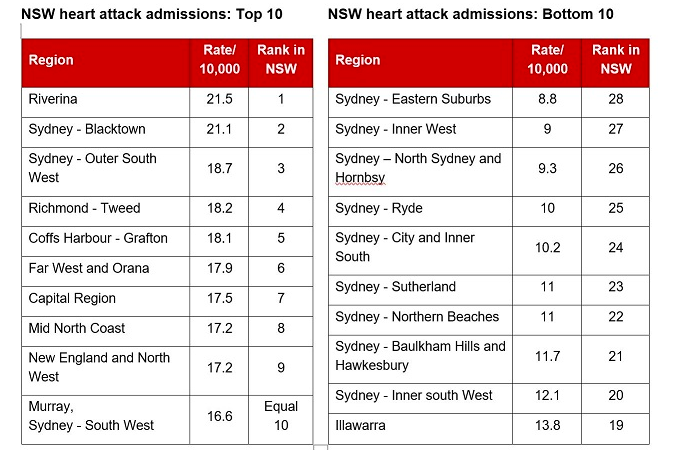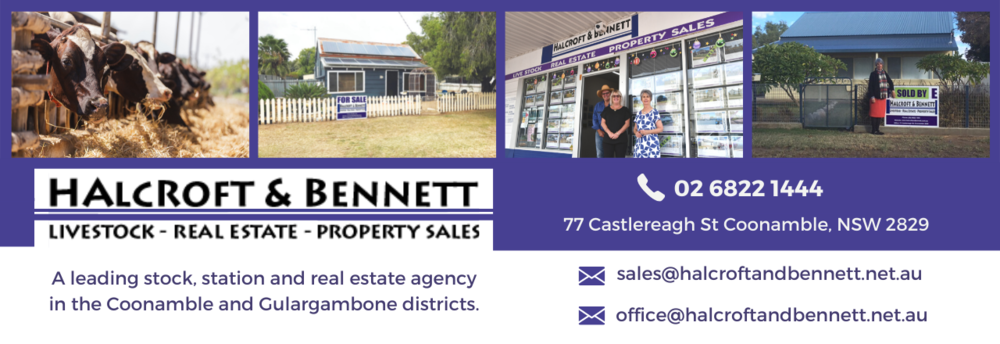Our Hearts are in Our Hands
Lucy Kirk
07 October 2022, 6:40 AM

While heart disease is ranked the number one cause of death in the world, it is also considered one of the most manageable and preventable diseases in the world, suggesting that our hearts are ultimately in our own hands.
World Heart Day was celebrated last Thursday, and was an important reminder of the preventative lifestyle changes we can make to reduce our risk of cardiovascular diseases, including heart attacks, strokes, and heart failure.
Created by the World Heart Federation, World Heart Day highlights the actions that individuals can take to prevent and control Cardiovascular Disease (CVD). It aims to drive action to educate people that by controlling behavioral risk factors such as tobacco use, unhealthy diet and physical inactivity, at least 80% of premature deaths from heart disease and stroke could be avoided.
"Eighty per cent is a huge number," said Associate Professor Lisa Moran from the Healthy Lifestyle Research Program, "it means we have real control and power over our risk of heart disease," she said.
Statistics from the Heart Foundation found that key behavioral risk factors such as smoking, physical inactivity and poor diet choices are most prevalent in the Far West and Orana regions, with our region ranking 6th out of 29 regions in the state for heart attack related hospital admissions.
That's a ranking we should not be proud of.
The Far West and Orana region, which includes Dubbo, Broken Hill, Gilgandra and Bourke, has the state’s highest rate of obesity (44.4 per cent). This is more than double the rate of North Sydney and Hornsby (18.6 per cent), which has the lowest.
Far West and Orana tops the state again for smoking, with a rate of 21.2 per cent – three times higher than the lowest-ranked region (North Sydney and Hornsby, 7.1 per cent).
Of the 10 regions with the highest smoking rates, all but one are in regional and rural areas.

“These figures reveal an alarming inequality between the NSW residents who are most and least at risk of heart disease, as well as those who are most and least likely to be hospitalised or die from the condition, including from a heart attack,” said the Heart Foundation’s NSW/ACT Heart Health Manager, Anna Flynn.
“This is unacceptable, and the Heart Foundation will continue its work to reduce heart disease. We also urge governments at all levels to take action to curb the toll – especially in regional, rural and disadvantaged areas, where our Heart Maps show the burden of heart disease is at its highest.”
While the Heart Foundation are encouraging government to take action, Lisa Moran stresses that it is ultimately individuals who are responsible for the high level of heart attack related hospital admissions.
"Smoking is a very, very strong risk factor heart disease," she said, "but we do know that after quitting smoking for just one year, your risk of a heart attack or stroke is cut in half and fifteen years after stopping smoking your risk is the same as someone who never smoked."
"Clearly, there are benefits to quitting smoking at any time in your life, so it's really important for people to get support; talk to your doctor, talk to the Quitline on how to stop," said Lisa.
While many people may find the thought of quitting smoking or losing weight to be too difficult, Lisa offers an alternative approach that she says can often be overlooked.
"I know that it's really hard to lose weight," said Lisa, "it takes time, it takes effort, and sometimes money, but what a lot of people don't realise is that there are different intensities of lifestyle changes that you can make."
"The most important stage of weight management is actually just stopping yourself from gaining more weight," she explained.
"At the moment everyone is gaining about half a kilo of weight every year, but even just small changes to stop that weight gain will stop your risk increasing," said Lisa.
Stopping that risk increasing could be key to bridging the health divide between regional and metropolitan areas, and the best news is that we have the power to do it.
The Heart Foundation encourages all NSW residents to take action to protect their heart health. If you’re 45 and over, or from age 30 if you’re Aboriginal or Torres Strait Islander, talk to your GP about having a Heart Health Check.




